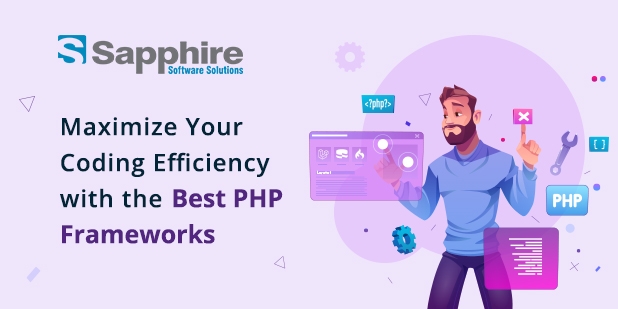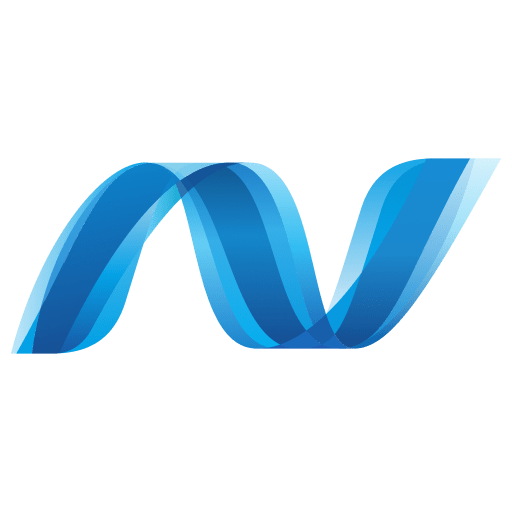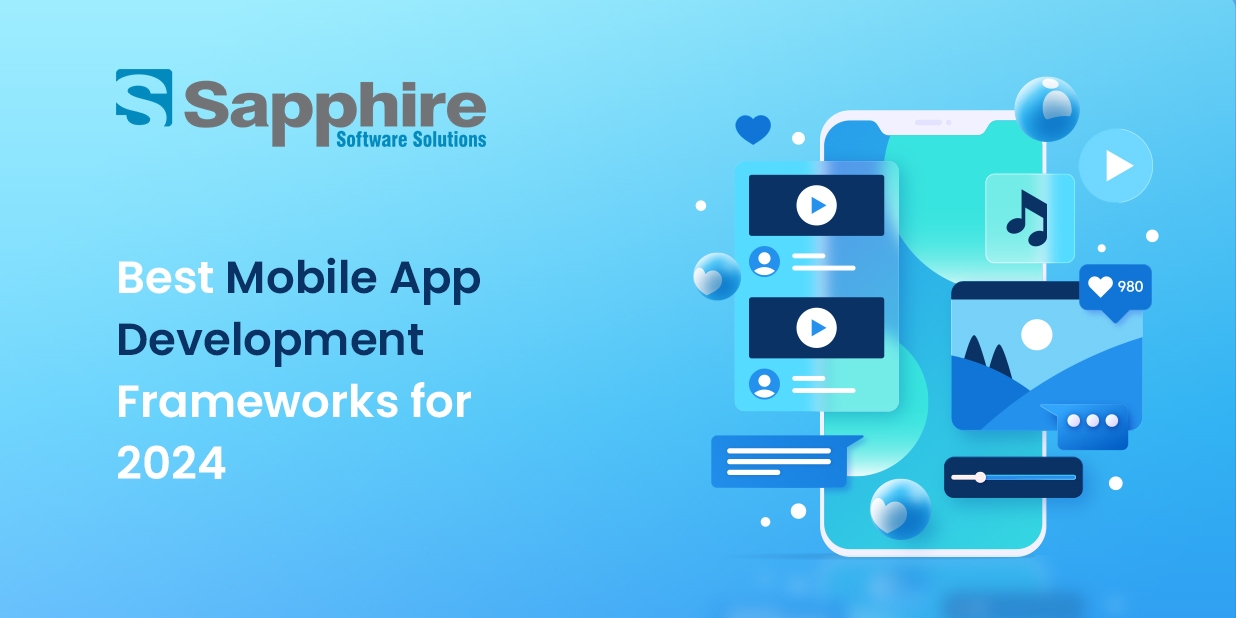PHP is a very effective and widely used programming language for developing dynamic web pages and online applications. With more than 75% of all websites using PHP, it is evident that it is a crucial component of the web development scene. Not only is it free to download and use, but it is also powerful enough to run some of the most significant websites.
PHP is an essential tool for web development. In addition, during the last 25 years, several frameworks have come and gone, leaving us with a vast array of high-quality solutions, such as Laravel, CodeIgniter, and Symfony. This article will present an overview of the best PHP frameworks currently available to assist you in selecting the best framework for the future year.
What is a PHP Framework?
You’ve come to the correct spot if you’re interested in PHP frameworks and their advantages. However, it is vital to grasp a PHP framework before proceeding.
PHP is one of the world’s most widely used server-side programming languages; it has been around for many years and continues to develop. It has been widely used across all domains, from simple websites to big Web applications that handle millions of users, visits, and daily registrations.
With the original PHP framework, Phplib, going back to before the year 2000, it is clear that PHP has come a long way. Although these well-liked frameworks have evolved, their fundamental goal has remained the same: to simplify web programming and assist PHP developers by providing them with collections of frequently used functions, libraries for standard functionalities, and the assurance that they are employing the best coding practices.
A PHP framework is essential for php development services since it provides a solid basis for building. Many of the required components are already in place. Thus the system is practically self-sufficient. Secure authentication, routing, and dependency injection are some of them. This implies that developers do not need to create these parts from the start and can concentrate on writing the programming required for their projects. A PHP framework is a terrific method to save time and effort, enabling developers to construct and publish web applications fast and effectively.
In conclusion, PHP frameworks are excellent tools for developers since they offer them the functions, libraries, and coding methods required to create a successful system.
With the aid of this handy framework, you may decrease the amount of code you have to develop from scratch and boost your efficiency.Â
Top Benefits of PHP Frameworks:
Utilizing a PHP framework might be advantageous for several applications. While there may be situations when utilizing PHP is not the optimal answer, the benefits of employing a framework far outweigh the downsides. Let’s examine the advantages of employing a PHP framework in further detail.
Faster development methods:
A PHP framework may be an excellent approach to getting your project up and running quickly and effectively. Using a PHP framework with increased features might make your project seem lot more manageable. It also provides a well-structured application architecture, such as Model-View-Controller, to assist the development process. This reduces the need to devote time and effort to developing an application’s architecture and evaluating its numerous libraries. Many frameworks also contain command-line tools for automatically generating code templates, which may accelerate development even more.
Ensure maximum security:
Since PHP is an open-source technology, these frameworks are regularly tested, evaluated, and analyzed.
Therefore, security concerns may be recognized and resolved promptly by inquiring with the community about the bugs and security breaches encountered. Using this resource, we can assure the security and dependability of our apps.
Easier collaboration:
Developers should be confident in their ideas and implementations and aim for in-depth knowledge of the code, mainly when working in a team. All team members must thoroughly understand the application’s code, design choices, and documentation.
PHP frameworks may make it simpler for inexperienced developers to begin a project, and even if they’re unfamiliar with the framework, they have access to online documentation and videos. Instead of continually training team members, developers may concentrate on designing and maintaining the essential aspects of their ideal websites and applications.
Best PHP Frameworks to Use
The world of PHP frameworks has seen significant development over the last decade, and as the market has stabilized, several frameworks have been the go-to option for many projects. With so many frameworks available, it might be challenging to choose the top five. When assessing these incredible tools, we must consider learning curves, community support, and overall performance, among other criteria.
Here are the top five PHP frameworks to utilize in 2023
1. Laravel:
Laravel is usually considered the most popular and recommended PHP framework currently available. Taylor Otwell created it in 2011 as an improved alternative to the CodeIgniter framework, which lacked capabilities like authentication and authorization.
Laravel is the frontrunner in the business when it comes to picking templates. It employs the Blade template engine and Eloquent ORM to facilitate database interactions. In addition, Laravel includes the Artisan command-line tool, which substantially accelerates development.
Laravel is the quickest PHP framework according to benchmarks, making it the best option for any project.
2. Symfony:
Symfony is a flexible and scalable PHP framework and collection of web application development components. Symfony may be as basic or complicated as desired, and its popularity is underscored by the fact that many other PHP frameworks employ Symfony components.
Symfony employs the Doctrine ORM for database interactions, Twig as a template engine, and its own CLI development tool.
Large communities of developers actively use and improve both Symfony and Laravel and provide practical training and documentation. Because of this, these frameworks are among the most popular among developers.
3. CakePHP:
CakePHP is a framework that allows developers to spend less time writing code and more time planning and constructing online applications. This implies that they are simply concentrating on the “meat” of their application, allowing them to develop online solutions more quickly.
By favoring standards over configuration, developers may construct rapidly without much forethought. This is why CakePHP does not need XML or YAML files. This framework has its own in-built ORM and template file format (.ctp) and an alternate PHP syntax for manipulating structure outputs.
CakePHP adheres to the exact security requirements of other frameworks, including encryption, form data protection, CSRF protection, and password hashing. Although CakePHP may not have the same fervent fandom as Laravel, there are still many events and resources for CakePHP developers throughout the globe.
4. CodeIgniter:
CodeIgniter was designed to be an MVC framework for rapid development with little setup, similar to the frameworks described above. But its developers have pushed it to the next level by giving a reduced size imprint of just 1.2MB for download, which means it has minimum bloat and is exceptionally quick. We can confirm that CodeIgniter is a fantastic speedy development option requiring little setup.
5. FuelPHP:
FuelPHP is a unique emerging framework that uses the new Hierarchal Model View Controller (HMVC) approach rather than the conventional Model View Controller (MVC) paradigm (MVC). This method increases modularity, improves code structure, enhances extensibility, and promotes code reuse.
In addition, FuelPHP comes with its own Object Relational Mapping (ORM) command-line tool and a small but dedicated developer community. FuelPHP is probably worth consideration for deployment in 2023, even if it is a newcomer to the PHP Frameworks industry.
Best PHP Frameworks for Web Development:
The best framework for every use case relies on the project’s demands. We feel frameworks like Laravel and Symfony are the best for massive corporate applications. They offer many built-in features, a strong user community, suitable training materials, and dependable support.
Different frameworks may be better for quick prototyping; consequently, CakePHP and CodeIgniter are the best options since they were created expressly for this purpose.
These frameworks provide the simplicity of use and a direct approach, which are advantageous for prototyping and smaller web platforms.
On the other hand, for REST APIs, microframeworks such as Slim are the preferable alternative since they are lightweight, fast, and simple to use. A REST API may be implemented rapidly with routing, middleware, and dependency injection components.
Ultimately, it is vital to analyze the benefits and limitations of each framework before making a selection since the best option will depend on the project’s needs.
Concluding Note:
As a PHP development company, we believe there is no one-size-fits-all framework; therefore, ensure that the framework you’re considering is maintained, constantly updated, and backed by a strong community. PHP frameworks are excellent tools for developers since they offer them the functions, libraries, and coding methods required for PHP development service to create a successful system. Hire PHP developers as use framework that is suited for your project and working style for optimal comfort and compatibility. Discuss more about our PHP web development services.





































